401k for your Health
“One of the biggest risks to any financial plan is an unexpected or prolonged health care event in one’s own life or in your family.”
I have said some version of that sentence too many times to count when helping clients plan their financial future. I finally came to the realization that I needed to address this issue and help clients better protect not only their financial health but their physical health. To that end, I collaborate with Heidi Roth, an experienced dietitian and health coach, to provide guidance and consultation to my clients. This is the first article of hers’ in the category of fin-health- the intersection of financial and physical health.
I hope you find it helpful.
Bill Nickles
If you google “401K for your health” you’ll be met with nearly 33 million results — most of which relate to health plans and health savings accounts. None of them (as far as I can tell) address the concept of investing in one’s personal health and wellbeing.
I’d argue this is just as important. If you haven’t been taking care of yourself, you’re not as likely to reap the benefits of your hard-earned pay when you retire. You might end up spending more time at your doctor’s office and less time traveling the world, enjoying your loved ones or exploring new hobbies.
It all boils down to lifespan versus healthspan. While lifespan is defined by the number of years we live, healthspan refers to the number of years we live in good health.
I don’t know about you, but I have no desire to live to the ripe old age of 95 if I’m spending my last 30 years battling a chronic health condition that keeps me from enjoying my life. My hope and plan is to do everything I can to increase the odds of being healthy into my 90s. Maybe even skydiving every couple years like the late President George H.W. Bush did — his last dive was at 90!
Unfortunately, there are no guarantees in life and many things are beyond our control. However, why not tip the odds in your favor by making some small changes now that will help keep you healthier over time?
Just like waiting until you’re 60 to start saving for retirement would not be fiscally prudent, waiting until you’re 60 to start focusing on your health is an equally bad idea in my book.
So what does a focus toward health look like? There are four pillars to consider.
- Nutrition
- Sleep
- Stress Management
- Exercise
Today let’s focus on nutrition. What you eat — as well as how much you eat — can influence your risk for developing a myriad of diseases from cancer to dementia. However, if you’re confused about what a healthy diet should look like, I don’t blame you. Is it fat you want to limit? Or is it carbohydrates? What about vegan and paleo diets? Both are touted as healthful options and yet they often appear to contradict each other.
The truth is that these are all good diets for someone. In the future, we will most likely be able to pinpoint each person’s ideal diet based on their genetics. In the meantime, the science provides us with a few key guidelines that apply to everyone.
- Don’t overeat. Easier said than done in a world with endless food, I know! However, studies show that mice that are overfed end up with more chronic diseases and don’t live as long as mice who consume a more regular diet. Whether you choose to quit junk food, try intermittent fasting or simply give up your late-night snacking habit, watching your overall calorie intake is one of the most important things you can do for your health.
- Eat real foods. The foods that can be picked off the trees, dug from the earth or raised (responsibly) on a farm. The staples people have been consuming for thousands of years to sustain life, grow healthy children and build their communities around. These foods provide so much more nutritional value than a highly-processed package of Oreos or boxed macaroni and cheese. Plus, you often feel much better after eating them, too.
- Maximize your nutrient density. It can be tough to get all the nutrients we need from a standard American diet. Vitamin supplements are one option, but be careful not to use them in place of a healthy diet. You could sprinkle all the vitamins you want on your bowl of frosted flakes — it will still be a bowl of mostly empty calories and a lot of added sugar. If you’re consuming a lot of fruits and vegetables, that’s a great start. Other essential vitamins are a little harder to come by in only plant foods, so make sure you’re getting adequate sources of B12 and Vitamin D if you’re vegetarian or vegan.
- Get enough Omega 3s. These fats are essential when it comes to brain and heart health!! Fatty fish like salmon, mackerel, herring and sardines are the best sources of Omega 3 fatty acids. Plant-based Omega 3 sources include flax seeds, chia seeds, leafy greens and walnuts.
Remember, it’s not all or nothing. Just as small regular contributions to your 401K account can have a large impact over time, so too can making minor health-minded decisions in our daily lives. Of course, there are many other things we can talk about in endless detail when it comes to food, but by focusing on these four main things, you will have an amazing foundation. Focus on one day at a time, don’t worry about having to make all these changes for the rest of your life. You can worry about tomorrow later.
Today, eat healthy.
Heidi Roth








